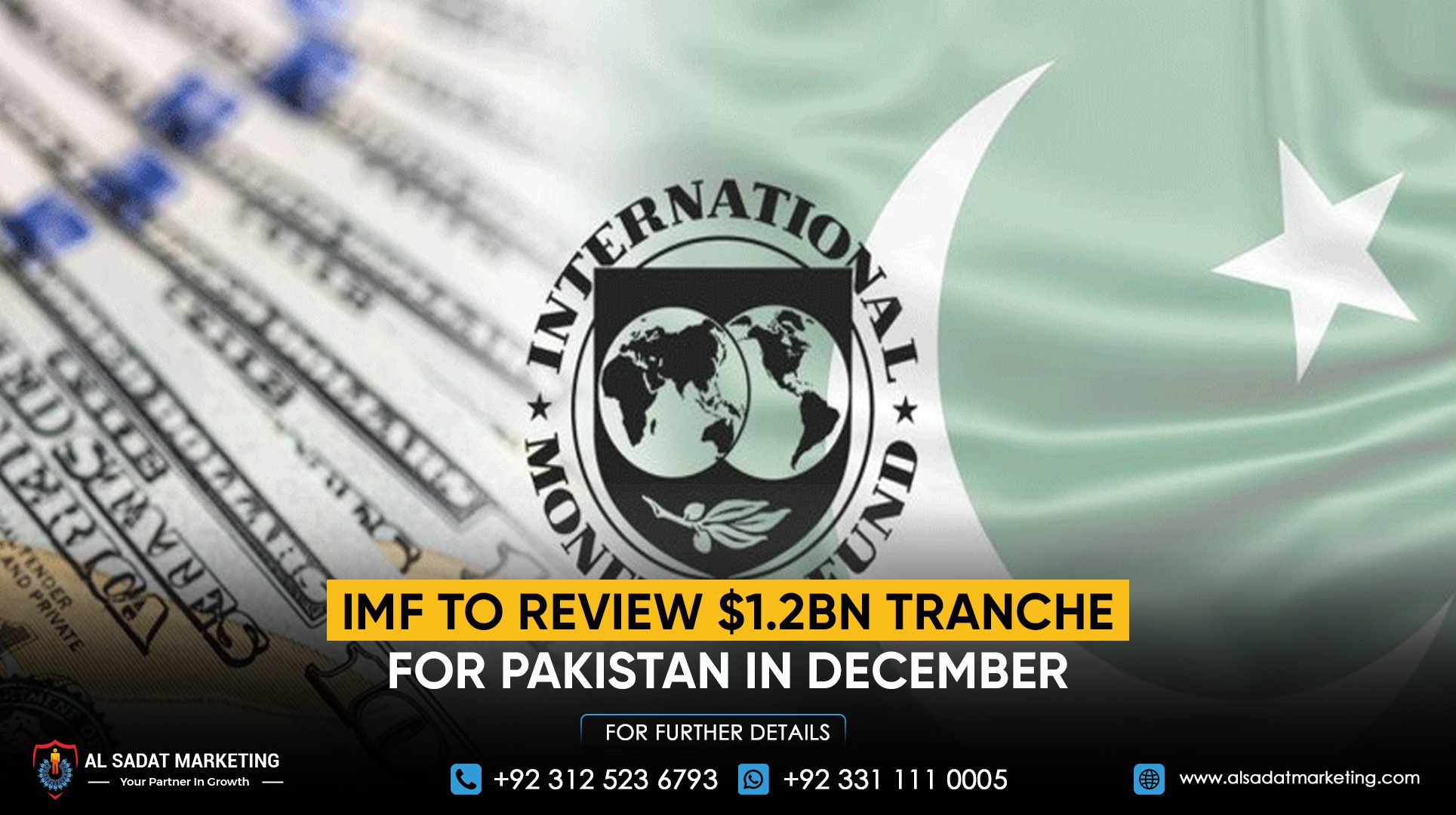The International Monetary Fund (IMF) is expected to review Pakistan’s request for the release of the next loan installment worth $1.2 billion in December, under the Extended Fund Facility (EFF). Out of this amount, nearly $200 million is linked to climate resilience support, reflecting the IMF’s focus on helping countries manage environmental and climate-related challenges.
Pakistan and the IMF reached a staff-level agreement on October 15, and officials from the Ministry of Finance are confident that the upcoming tranche will be approved without major issues. The government is continuing to follow the policy commitments agreed with the Fund, including fiscal discipline and reforms in revenue management.
However, the IMF has asked Pakistan to submit updated economic data after recent floods affected several parts of the country. These floods have impacted agricultural output, which plays a major role in Pakistan’s economy. Because of this, the IMF may revise Pakistan’s GDP growth projection slightly downward. Growth for the current fiscal year is now being estimated between 3.25 percent and 3.5 percent, compared to earlier, higher expectations.
There could also be discussions on Pakistan’s tax collection targets. With the slowdown in economic activity, the Federal Board of Revenue (FBR) may face challenges in meeting its targets. Officials have assured the IMF that if there is any shortfall, alternative measures will be taken to manage revenue and maintain budget stability.
Meanwhile, the current account deficit is expected to increase moderately this year and could reach around one percent of GDP in the next few years. The government aims to manage this by strengthening exports, controlling imports, and working on long-term economic reforms.
The final approval of the loan tranche will depend on the IMF Executive Board’s review in December, which will assess Pakistan’s progress on economic reforms and fiscal management.










